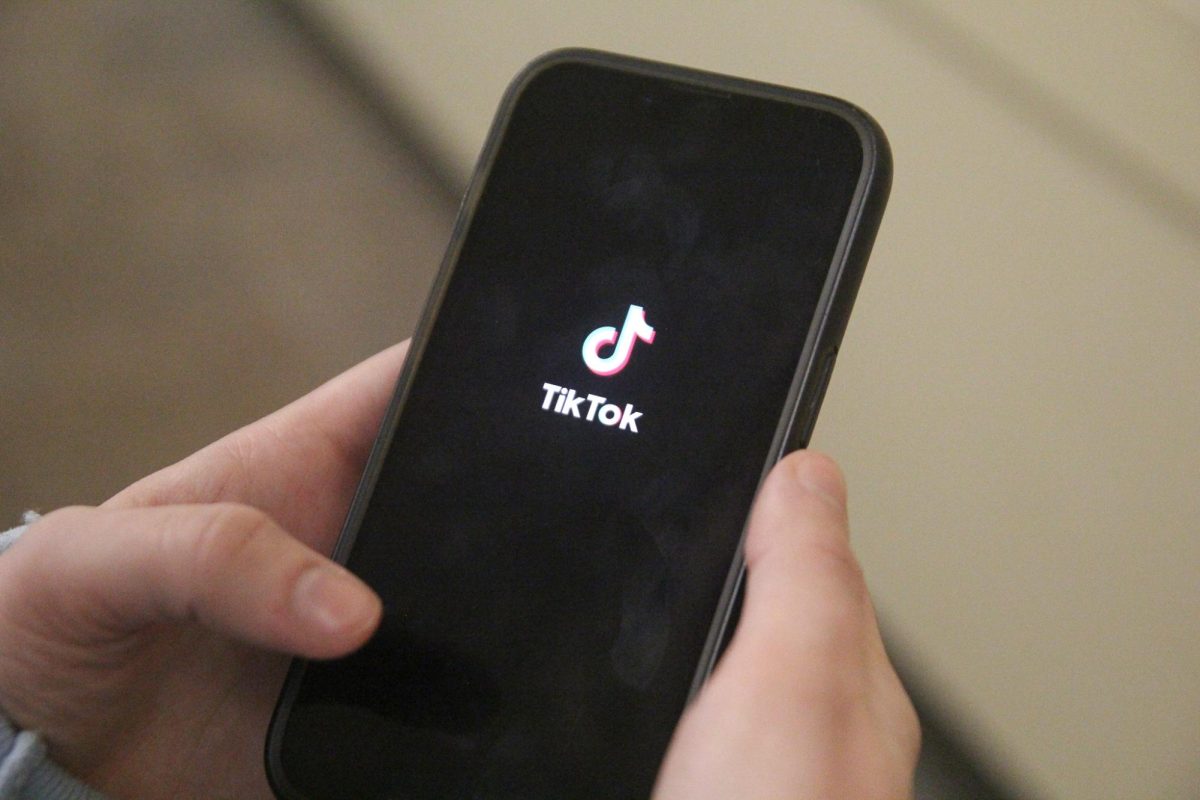The sales clerk mutters, “Cash or credit?” expecting the usual answer followed by the quick swipe of plastic and a clueless teen hustling out the door. Shopping with a credit card has become increasingly popular and preferred by department and chain stores because of the efficiency they provide with each transaction.
According to a survey conducted by the Jumpstart Coalition, which promotes financial literacy, one out of three high school seniors use credit cards and half of those have cards in their own names. A common concern expressed by WCA faculty and staff is that once a teenager has a credit card in his possession, he forgets the true, real-life implications of credit card usage – the bill coming at the end of the month.
“I think it is better to have kids actually have to hand over cash when making a purchase so that they can see that real money changes hands when they buy something, but lots of teenagers can and do make excellent choices,” said Dr. Scott Holley, academic dean.
Teenagers today already have the plastic in their hands; parents trust their children to be discerning with the credit card and take it upon themselves to learn valuable life lessons through the responsibility of having and freedom and convenience of using a credit card. A benefit for teenagers using a credit card in their own name or as an added joint cardholder on their parent’s account is that it establishes a quality credit history so the teen can, when the time comes, qualify for all types of loans from cars to mortgages, as well as qualify for favorable interest rates on these loans. In addition, a quality credit history can help them in the future to rent an apartment, obtain lower auto and homeowner’s insurance premiums, and even receive a job offer – employers are increasingly reviewing credit scores when evaluating a job application.
“I have access to a credit card under my parent’s name. I only use it for gas, but my parents really trust me with it,” said Nathan Benefield, WCA senior.
While there are multiple benefits to learning the ropes of using a credit card in high school under parental guidance, teenagers are still young and can be reckless. It is the parents’ role to determine if the teen is responsible. There are various ways to monitor the teen’s spending; parents could give their teen a credit card with a low credit limit or simply review the bill each month with their teen to evaluate the purchases. Monitoring spending allows parents to capture teachable moments while their kids are still under their watchful eyes. Many parents take this opportunity to discuss not only the multitude of charges, but also the choices made, the implication of those choices, and the obvious and hidden costs of credit with the teen. These discussions between parent and teen teach the student that the convenience of credit comes with accountability. Ultimately, the goal of allowing a teen access to a credit card should be the development of their financial maturity; parents should be educating their teens along the way so they can shop with plastic and exercise the self-control needed to avoid going overboard with elaborate and unnecessary purchases, which is an important skill for adulthood.
“I formally had a prepaid credit card that I maxed out. My mom will take away my cash money because she believes I spend too much money; she thinks I buy too many shoes,” said Ashley Lokey, WCA junior.
Trusting a teen with a credit card can also enable him to learn early in life the ways of credit card companies that increase their profits with little concern for the impact on their consumers. Before heading off to college where they will receive countless special credit card offers, they need to understand the financial impact of the promotional hooks such as free interest periods, rebates, and award points that attempt to increase their purchases beyond what they can afford. They need to be aware of high interest rates, late payment fees, annual fees, and hidden over-the-limit charges tied to the “credit” aspect of the plastic in their wallets.
In reality, credit card irresponsibility comes with hefty consequence. Poor management of a teen’s credit card usage that results in big credit card debt can negatively affect their credit history and future access to the benefits associated with a favorable score. Parents who bail their kids out when they get in over their head with credit are not doing the young person a favor in the end. It is more beneficial to be involved enough with the teen’s credit to be able to prevent potential problems rather than sending the teen the message that if they spend irresponsibly, they can come to mommy and daddy for help and not suffer the consequences.
Many parents reiterate the fact that the best way to stay out of credit troubles is to treat the card in your wallet as a “convenience card”, not a “credit card” by paying the entire bill at the end of every month. This discipline helps teach the key lesson of living within your means.
The bottom line is this: credit cards provide consumers including teens with convenient access to their money, but they are not an extension of their revenue. The goal is for teenagers to learn to use credit cards as a tool, not a crutch.
Categories:
Take Charge of Credit Card Experience
Mari Knehans – Staff Writer
•
January 11, 2010









